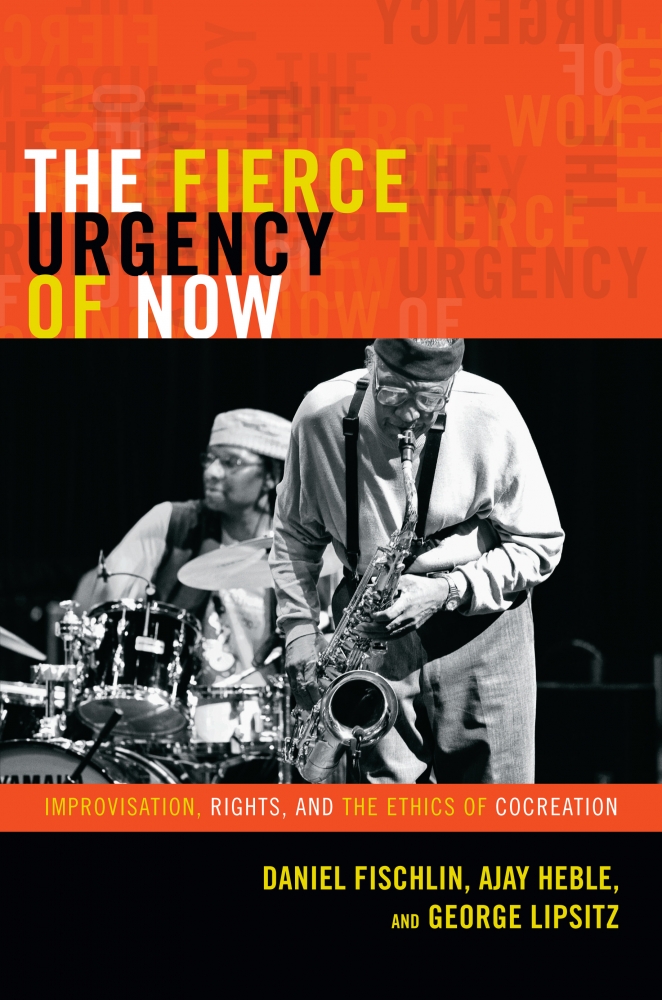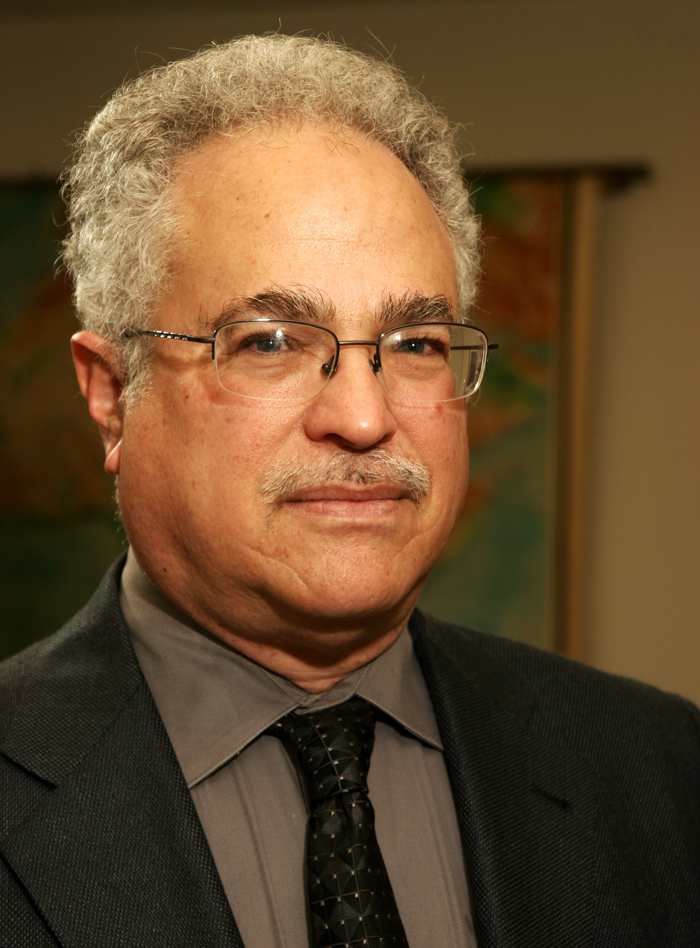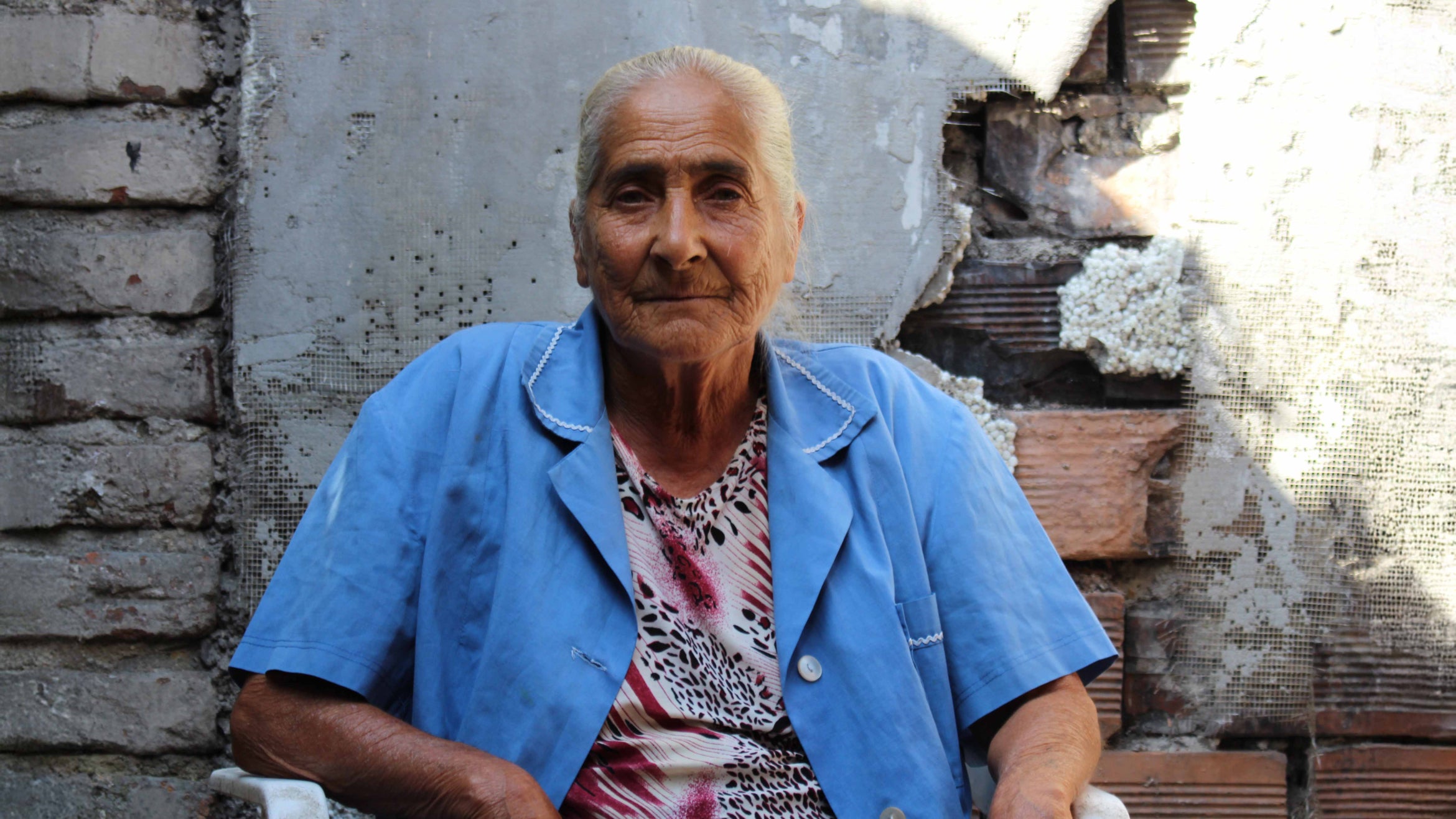
Musical Improvisation as a Tool for Social Change

If not now, when? If not me, who?
These questions lay at the heart of a new book by George Lipsitz, a professor of Black Studies and of sociology at UC Santa Barbara. In "The Fierce Urgency of Now — Improvisation, Rights, and the Ethics of Cocreation," Lipsitz and co-authors Daniel Fischlin and Ajay Heble, both of the University of Guelph, link musical improvisation to struggles for social change.
"Our book looks at the ways in which struggles for human rights have been informed by what we call ‘the ethics of co-creation' that are nurtured and sustained within forms of Afro-diasporic expressive culture," said Lipsitz. "We argue that what critics and curators often describe as community-based art making is better described as art-based community making — a form of democratic interaction that enacts the just social relations that social movements often only envision."
Lipsitz, Fischlin, and Heble studied improvisation as a key practice of social movements. "When people mobilize to make claims for rights or resources or recognition, they have to work together," Lipsitz explained.
"So many of the communities we were dealing with — post-Katrina New Orleans, post-earthquake Haiti — were those that had enormous needs and very few material resources," he said. "But they were network rich. We wanted to look at ways in which human rights work could learn a lot from the improvisations of communities and activists, but also seeing cultural production not just as refinement or ornamentation or as an escape from everyday life, but as a kind of laboratory where people learn life skills. Where they learn social skills.
"We talk about rehearsing musical performances, but musical performances themselves are sometimes a rehearsal for social relations that aren't here yet," Lipsitz continued. "One of the phrases we use is that improvisation enacts what people often only envision. You test out ways of working together, ways of learning from each other, ways of listening and speaking that then become a part of you, and you can employ them in different situations."
Early on in the research process, the authors had a conversation with a surgeon who described his own craft as a form of improvisation. In the real world, the surgeon said, surgical procedures rarely play out as they do in medical textbooks because each patient brings with him a different set of circumstances. Conducting surgery, the doctor continued, is a collaborative effort in improvisation in which the attending physicians must respond quickly, pay attention to each other, identify patterns, and anticipate any number of potential challenges.
"It helped us as scholars and as citizens to think about provisionality and the relationship of previousness to futurity, and how much of life — even when it's scripted — turns out to be improvisation anyway" said Lipsitz. "It's that way for the surgeon, and I think everything from raising a child to teaching a class probably operates this way."
That idea proved to be a key finding for Lipsitz and his co-authors. It was something they discovered through the process of writing the book as well as within their arguments and conclusions. "So much of our understanding of accomplishment, or achievement, or creativity is of the solitary artist — the person who is different from others and who rises and surpasses them," Lipsitz said. "And yet we know every creative person comes from networks of instruction and apprenticeship that include a wide variety of teachers and experiences.
"Count Basie's drummer, Jo Jones, used to say his job wasn't to be a virtuoso on the drums," he continued. "His job was to have what he needed when he needed it." And because that need could change with the next song — or even the next note — it was situational. "When something is needed at a particular moment, you provide it. You accent what other people do, and together you create something that none of you would have done individually."
That's improvisation.
It's also reflective of the book's title. "The Fierce Urgency of Now" refers to a phrase used by the Rev. Dr. Martin Luther King Jr. in a speech given at Riverside Church in New York City one year to the day before his assassination. To the discontent of many supporters — who believed his attention was best focused solely on issues of civil rights — King used the speech to voice his opposition to the Vietnam War.
"Dr. King felt he had to respond to the moment," explained Lipsitz. "Improvisation required an ethical obligation to speak to the most urgent realities. There comes a time in life, Dr. King said, when things are so important you have to speak up. You have to step up."
Politically and aesthetically, improvisation is much like that situation, Lipsitz continued. You seize the moment or you hide from it. "What improvisation teaches us is that even though you're going to make mistakes, you have to respond to the moment. You have an ethical and moral obligation to take what you have and try to create something in the face of all the indecency and injustice that might be around you," he said.
And with all due humility, he added, we also have to cultivate the confidence to think that what we do matters.



